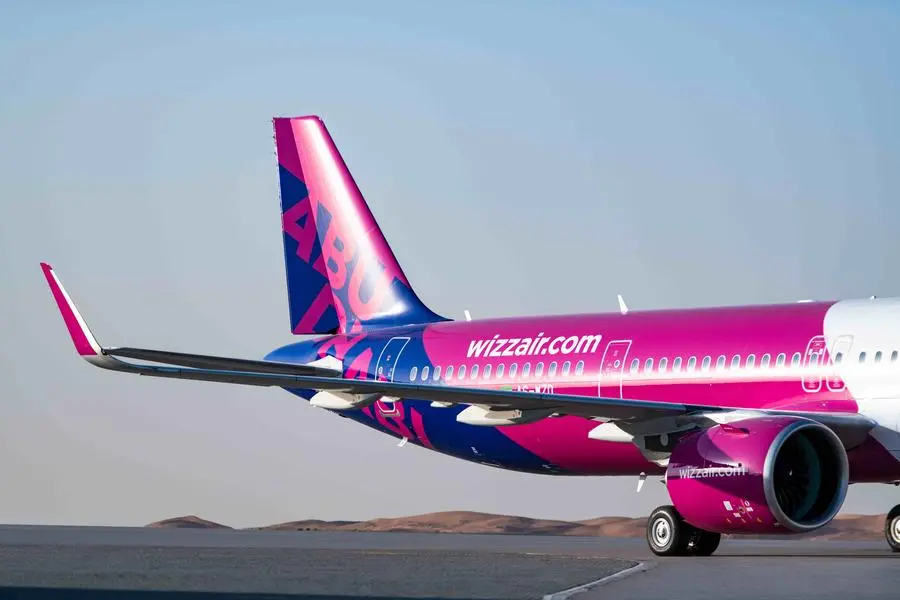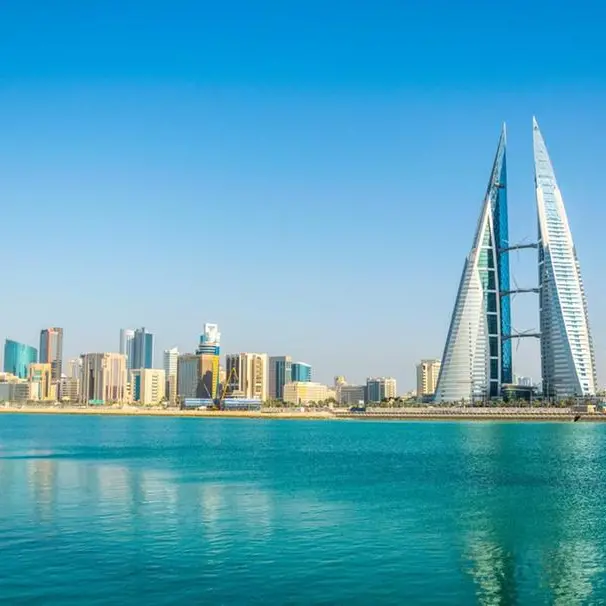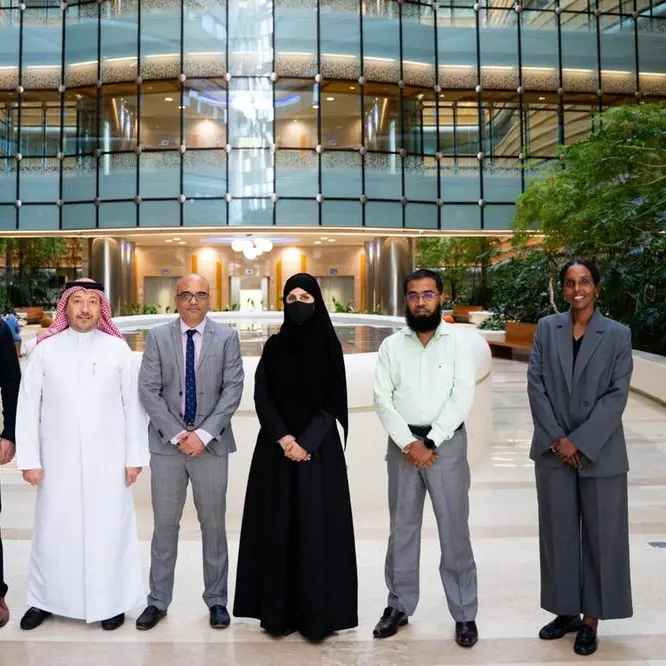PHOTO
Abu Dhabi, United Arab Emirates: Wizz Air, the most environmentally sustainable airline group globally[1], reports that its average carbon emissions for 2023 amounted to 51.5 grams per passenger/km, 6.8% lower than in 2022. This represents Wizz Air’s lowest ever average annual carbon intensity result recorded in one calendar year, underpinning its leadership in the CO2 intensity reduction among competitors.
In February 2023, Wizz Air achieved its lowest ever reported carbon emissions per passenger/km for one month, which amounted to 48.9 grams, an 8.3% reduction compared to the same month of 2022.
Wizz Air is committed to further reducing its CO2 intensity by 25% by 2030[2]. An integral element of the airline’s sustainability strategy is the renewal of its fleet. Wizz Air has been continuously growing its fleet whilst replacing its older aircraft with the latest technology aircraft[3]. Currently, the airline operates 195 Airbus aircraft with an average age of 4.3 years, well below the aviation industry average age, which is around 10 years[4]. The average age of Wizz Air’s fleet in the UAE is 4.5 years.
As part of its sustainability strategy, Wizz Air partnered with two sustainable aviation fuel (SAF) producers in 2023: Neste and Cepsa. To further support SAF development, the airline made its first equity investment of £5 million in Firefly Green Fuels, a UK biofuel company, and participated in a US$50 million investment in the US-based SAF start-up CleanJoule. In May 2023, Wizz Air became the first airline in Hungary to commercially test SAF supply. Wizz Air continuously explores potential SAF partnerships across its route network, including the UAE market.
ABOUT WIZZ AIR
Wizz Air, the fastest growing European ultra-low-cost airline, operates a fleet of 195 Airbus A320 and A321 aircraft. A team of dedicated aviation professionals delivers superior service and very low fares, making Wizz Air the preferred choice of 60.3 million passengers in 2023. Wizz Air is listed on the London Stock Exchange under the ticker WIZZ. The company was recently named the World's Top 5 Safest Low-Cost Airlines 2024 by airlineratings.com, the world's only safety and product rating agency, and named Airline of the Year by Air Transport Awards in 2019 and in 2023. Wizz Air has also been recognised as the "Most Sustainable Low-Cost Airline" within the World Finance Sustainability Awards in 2021-2023 and the "Global Environmental Sustainability Airline Group of the Year" by the CAPA-Centre for Aviation Awards for Excellence 2022-2023.
For more information:
Daria Sergeeva, Sustainability Communications Manager, Wizz Air: daria.sergeeva@wizzair.com
Follow us on Instagram: @wizzair
Follow us on Facebook: @wizzair
Follow us on X: @wizzair
Follow us on TikTok @wizzair
[1] According to the CAPA – Centre for Aviation Awards for Excellence 2022-2023
[2] Compared to a baseline of 57.2 grams per passenger/km in F20 (1 April, 2019 - 31 March, 2020)
[3] The Airbus A321neo delivers 20% reduction in fuel consumption and CO2 emissions as well as 50% reduction in NOx and noise emissions compared to the previous model
Airbus A321ceo.
[4] Based on the latest publicly disclosed fleet age information applicable to a 12-month period (Ryanair, EasyJet, Iberia, Norwegian, SAS, Air France – KLM, Lufthansa, Finnair). Due to differences in reporting period, the figures and timeframe are not fully aligned.



















